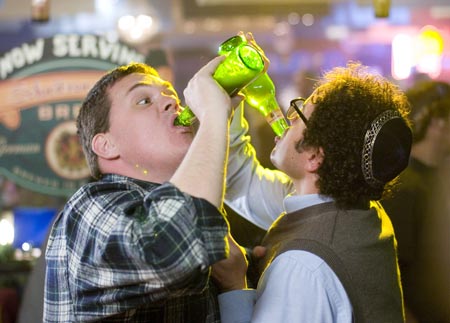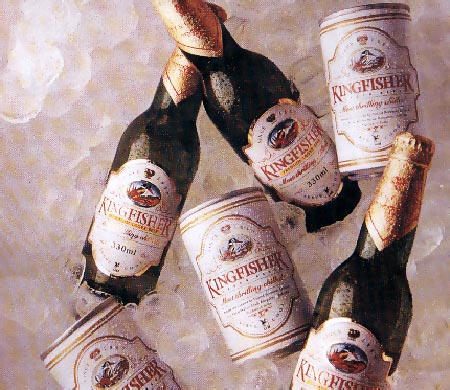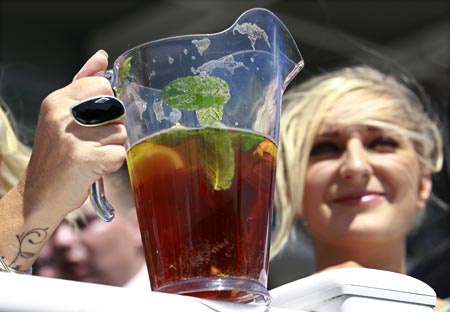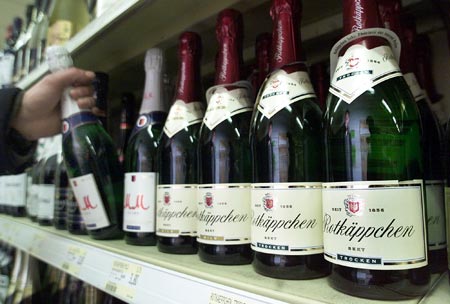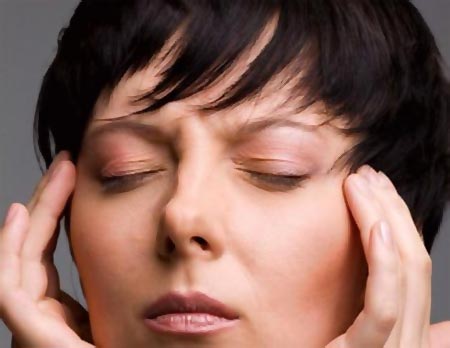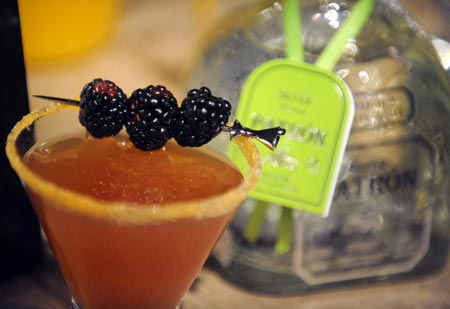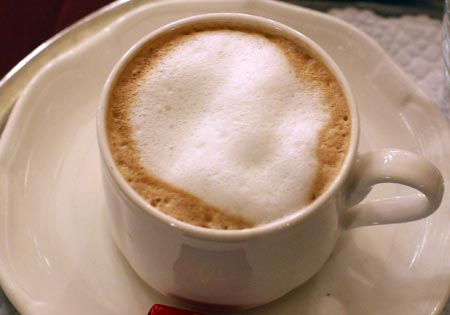 | « Back to article | Print this article |
10 hangover myths debunked
The topic of hangover is associated with many myths. Let us explore the most common ones and find out what the true fact is. Here are 10 such popular myths.
Drinking has turned out to be a social affair these days. Parties have necessarily become a reason for enjoying drinks in a social setup. Various recipes of cocktails have also come into existence to give some enjoyment to the drink lovers. The evening and night seem to be pretty rosy for these people as they begin to feel that they are having the greatest form of enjoyment on this earth! But the very next morning, the picture turns a bit different! All the dreams disappear as people begin to wake up with headaches, nausea and dizziness. These are nothing but symptoms of hangover!
Myth 1: A hangover is a common condition and there is nothing to worry about it
Truth: When you consume too much alcohol your body produces response in the form of a hangover. The toxicity produced due to excessive alcohol consumption adversely affects the central nervous system. Alcohol reacts with the chemicals in the brain and you tend to feel the symptoms of headaches, dizziness and nausea.
Your frequency of urination increases and your body tends to get dehydrated. This imbalance can also result in cotton mouth, fatigue and an ill stomach. The toxic effects of alcohol also weaken the immune system.
10 hangover myths debunked
Myth 2: Hangovers result only among the binge drinkers
Truth: It is admitted that binge drinking can only accelerate hangover, but there is no reason to support the idea that only bingers would experience hangovers. It is the body composition which decides the possibility of a hangover. A couple of drinks can make you suffer from headaches while four drinks would be required to produce the same condition in another individual.
You can minimise the toxic effects by drinking water or non-alcoholic drinks between each alcoholic beverage.
10 hangover myths debunked
Myth 3: The degree of hangovers is independent of the gender
Truth: Women tend to get affected to a greater degree than men after drinking. This is the normal observation and researchers have a valid reason to support this claim. The water percentage in men is higher in comparison to women. This water dilutes the alcohol in the body. But when women consume the same amount of alcohol, greater amounts of alcohol get accumulated in the bloodstream, producing more toxic effects.
10 hangover myths debunked
Myth 4: Having liquor before beer can bring down the levels of toxicity
Truth: The order of drinks has nothing to do with the overall effect. The total amount of alcohol is what actually matters! The order can of course manipulate the amount of your consumption. For example, if you begin with shots and then switch to beer, then your alcohol consumption slows down.
But the reverse case can lead you to the path of drunkenness.
10 hangover myths debunked
Myth 5: Diet cocktails are safer options
Truth: If you are a weight-watcher, then you might find diet cocktails to be very useful. These cocktails can save a few calories, but cannot prevent the possibility of a hangover.
Studies claim that the intensity of hangovers can be significantly brought down by the intake of fruits, fruit juices or sugary fluids.
10 hangover myths debunked
Myth 6: Wine is the most gentle of all other alcoholic beverages
Truth: Many people often opt for wine, thinking that its 'soft' nature would not be able to produce any toxic effect. In reality, red wine contains a compound called tyramine which can trigger headache, particularly migraine, in some individuals.
More serious hangovers are produced due to the consumption of malt liquors like whisky. If you want to minimise the possibility of hangover in the morning, then opt for gentler choices like gin and vodka. A study involving 95 participants and published in the March 2010 issue of the journal Alcoholism: Clinical & Experimental Research found that darker liquors (for example, whisky and brandy) and wines have more congeners -- a toxic compound, byproduct of alcohol fermentation -- than lighter ones (for example, gin and vodka).
These natural toxic substances can add to the ill effects of alcohol, producing greater hangover symptoms.
10 hangover myths debunked
Myth 7: Taking pain killers before sleep can decrease the possibility of a hangover
Truth: Alcohol and painkiller medications can react to enhance each other's effect. Alcohol as well as pain killers produce an intoxicating effect and a combo can prove to be really harmful. In many cases, drinking with the pain killer called ibuprofen has caused bleeding ulcers. So it is best to take pain pills in the morning after you wake up, but avoid taking acetaminophen.
Alcohol interrupts the process of acetaminophen metabolism by the liver. It can lead to inflammation and even damage of the liver.
10 hangover myths debunked
Myth 8: Eating before going to sleep would help fight a hangover
Truth: After you are loaded with alcohol, eating just before going to bed would not help. You should have food before you start off with your drinking session. Eating a good snack or dinner before you start drinking can help minimise the amount of alcohol you absorb and fat-containing foods perform this function very well.
Thus, you should prefer pizza or steak over pasta! Have these foods just before your first drink. This way you can save yourself from a hangover.
10 hangover myths debunked
Myth 9: Having another cocktail in the morning cures a hangover
Truth: When you take another cocktail in the morning, you only allow your hangover to get postponed. If you feel that you cannot do without a wake-up hard drink then consult your doctor for a cure. You might be suffering from alcohol addiction.
10 hangover myths debunked
Myth 10: Coffee in the morning can cure a hangover
Truth: Coffee and any drink with caffeine can make you more dehydrated after you have had enjoyed heavy drinking the night before. Instead drink water and sports drinks or banana milkshake to keep you hydrated and to gain back the lost electrolytes. It is also beneficial to take 2 to 3 glasses of water before going to bed.
Alcohol poisoning is a serious condition and it is a case of medical emergency. Vomiting for several times or passing out after drinking are the symptoms which indicate the possibility of alcohol poisoning. Limiting your alcohol consumption to socially acceptable levels can help you to fight the possibilities of a hangover. Why should you pay a price of partying hard?

